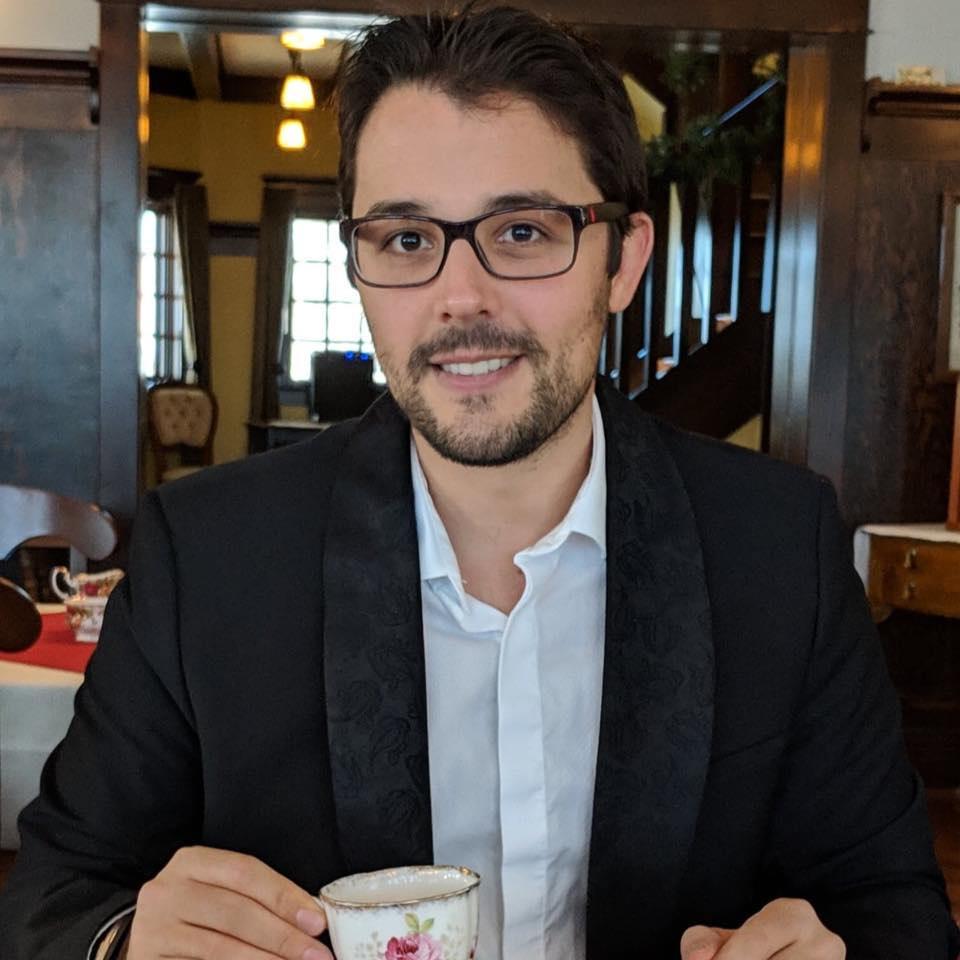Oct. 14, 2021
UCalgary passes proposal to make it easier for students to make changes to non-affirming names

Non-affirming names are becoming a thing of the past at UCalgary.
Last week, a proposal to remove the costly and complex barriers around name changes was approved by the Calendar and Curriculum subcommittee, and the Academic Planning and Priorities Committee of the General Facilities Council. This new proposal enables students to simply submit a statutory declaration – or a marriage licence or passport documentation — of the name the individual wants used in the university system. This can now be done online, free of charge and efficiently.
The news is welcomed by many, yet will be most impactful to international students preferring to be recognized by their Canadian name, abuse victims whose name reminds them of a time of their lives when they were in trauma, and transgender students who no longer identify with a name given at birth.
Protecting students of all communities
For the transgender community, non-affirming names — the names trans individuals were given at birth but no longer represent their identity, are sometimes called “dead names” — often cause anxiety as legal names can force a trans student to be “outed” by circumstance rather than by personal choice. This act of being publicly outed may be a reminder of an individual’s previous life that is no longer relevant, produce feelings of dysphoria, or open the student to significant harms such as discrimination and violence.
“Students across academic institutions have faced issues with non-affirming names appearing on their student identifications, further marginalizing trans students and invalidating their experiences as a trans person,” says Dr. Susan Barker, vice-provost (student experience). This issue has intensified with the pandemic-accelerated use of video conferencing for meetings and classes, as apps may often identify a person by their legal name, rather than by their affirming name.
This is a milestone achievement for the trans community, and it is made possible by the commitment of student advocacy groups and senior leadership’s willingness to listen.”
“Anytime a trans person is called by a non-affirming name, it can bring up painful memories and cause undue trauma,” Barker says. “Changing your name as a student or alumni was previously time-consuming, costly and complicated … it deterred people from doing it and so they endured further harm,” she says.

Pedrom Nasiri is a doctoral candidate in the Department of Sociology and graduate student representative on the Trans Community Coalition.
Student advocacy groups push for change
UCalgary’s Trans Community Coalition led the student advocacy on this issue. The group, with representation from trans students across campus, is proactively addressing issues that make the UCalgary experience safer. One of its leaders, Pedrom Nasiri, BA’15, a doctoral candidate in the Department of Sociology and a graduate student representative on the coalition, compliments the university on its openness to change.
“UCalgary’s willingness to review non-affirming names at institutional governance levels demonstrates the university’s growth and ability to really listen and learn from those who have experienced harm using a non-affirming name,” Nasiri says. “This step is a sign of respect to the trans community, and it is a demonstration of allyship by senior leaders. It is also an act of caring.”
“Building a more inclusive space and positive student experience is what propels the university forward,” says Dr. Amy Dambrowitz, UCalgary’s registrar. “As a university committed to equity, diversity and inclusion, we are building an environment where every member feels safe and respected,” she says. “Changes like these support our students and allow our UCalgary community to grow and succeed.”
The new policy was developed internally through UCalgary. It is available to all alumni and current students, making non-affirming names soon to be an issue of the past.
Learn more about changing your name on UCalgary documents.




